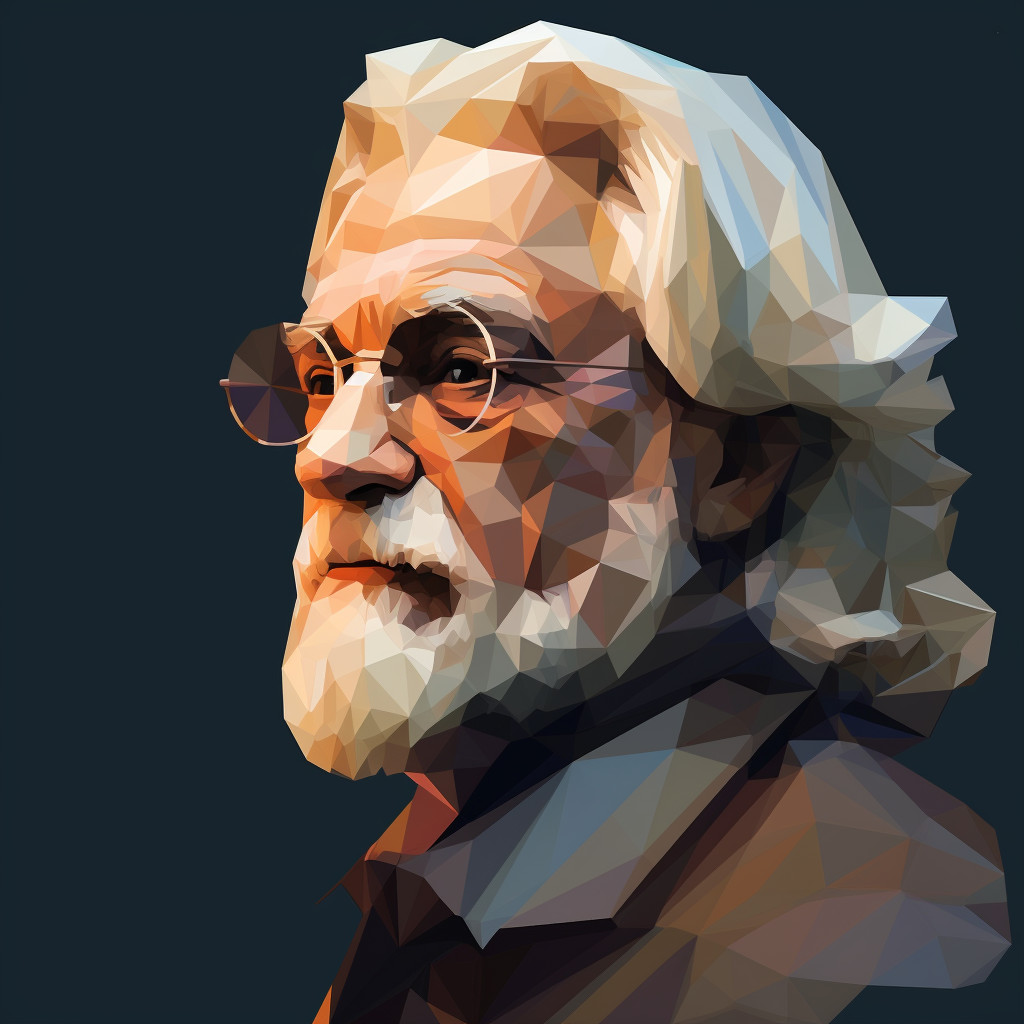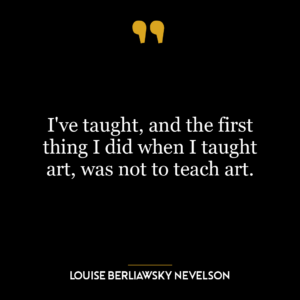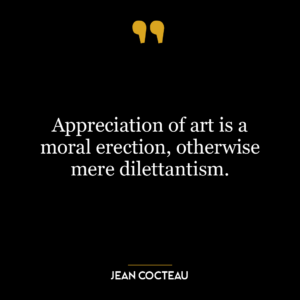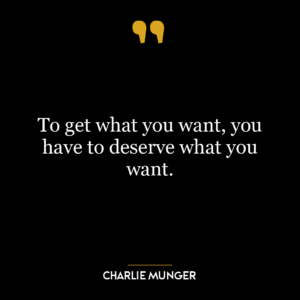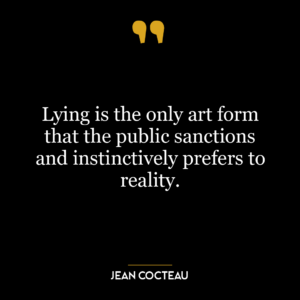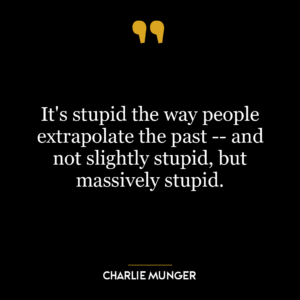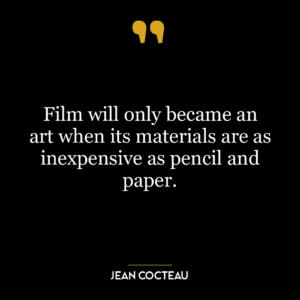This quote is about self-discovery and the process of learning. It suggests that knowledge isn’t something that exists passively within us, waiting to be accessed. Instead, it’s something that we actively generate through our efforts and experiences. In other words, we don’t know what we know until we put ourselves in situations that challenge us to draw on our knowledge and skills.
The quote also implies that knowing isn’t just about acquiring information. It’s about integrating that information into our understanding of the world and our place in it. When we “call upon ourselves to know,” we’re not just recalling facts. We’re using those facts to make sense of our experiences, to solve problems, to create new ideas, and to navigate our relationships with others.
In today’s world, this idea is particularly relevant. We live in an age of information overload, where we have access to more facts and figures than we could ever hope to digest. But this quote reminds us that true knowledge isn’t about the quantity of information we consume. It’s about the quality of our engagement with that information.
In terms of personal development, this quote suggests that we grow not just by learning new things, but by actively engaging with what we’ve learned. This might involve applying our knowledge in practical ways, reflecting on our experiences, or challenging ourselves to see things from different perspectives. By doing so, we not only deepen our understanding, but also discover new insights and ideas that were previously hidden from view.
In essence, the quote is a call to action. It encourages us to be active participants in our own learning, to challenge ourselves, to question, to explore, and to continually seek out new ways of understanding the world and our place in it.



